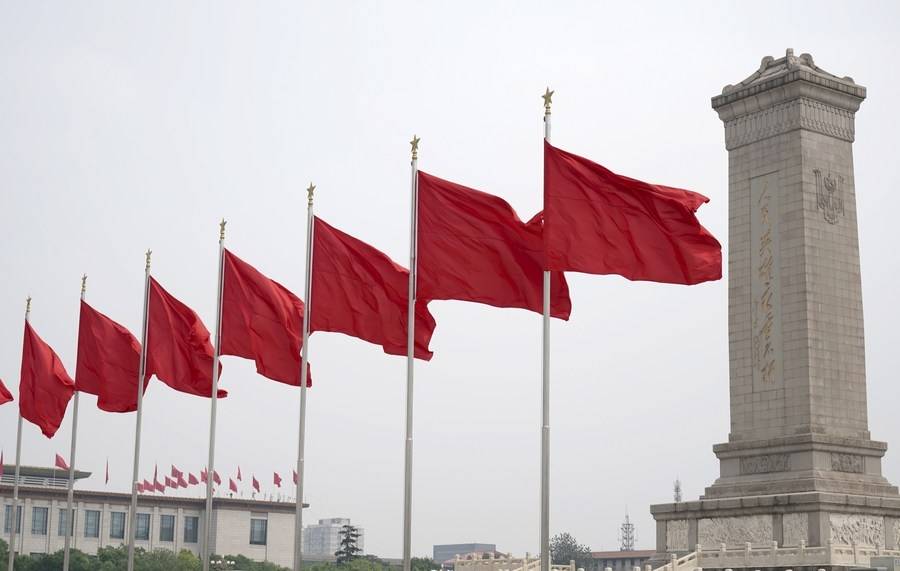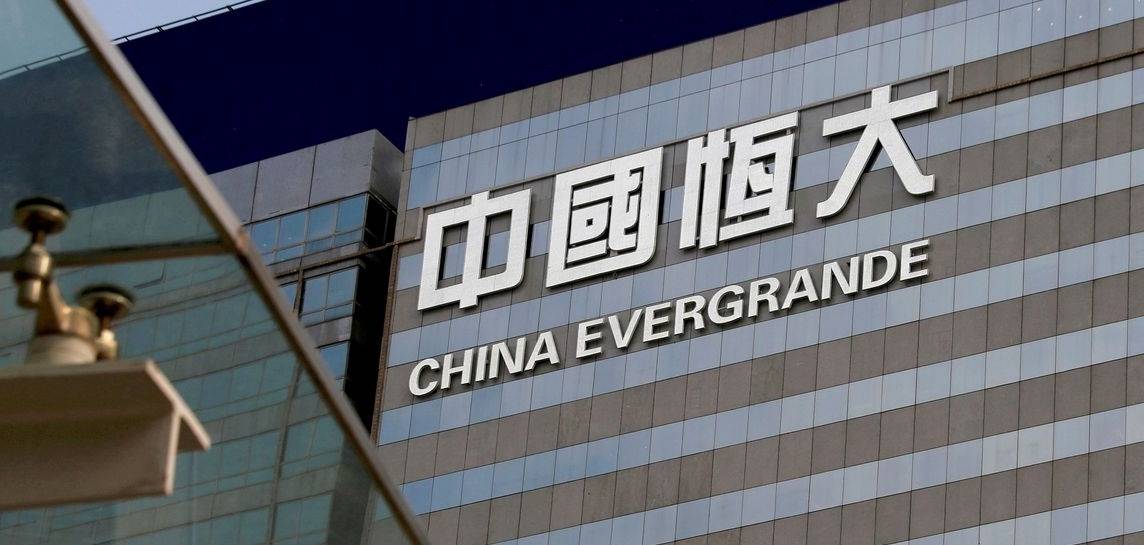China’s ailing property market is one of its biggest economic headaches and Chinese authorities have been involved in trying to defuse risks at Evergrande…reports Asian Lite News
China Evergrande Group, one of the largest property developers in the country by sales has said that it will unveil the restructuring plan within 2022, amid the constantly drowning economy due to the COVID-19 pandemic.
Earlier, the troubled property developer had promised to release an initial restructuring plan by the end of July, according to The Wall Street Journal.
Sketching out the first contours of a long-awaited restructuring plan, Evergrande Group has stated that creditors could end up with debts directly backed by some of its most valuable assets outside of China.
As of June 2021, Evergrande had more than USD 300 billion in debt and other liabilities, such as unpaid bills to suppliers. It defaulted on its dollar bonds in December, after months of liquidity problems, it reported further.
On Friday, the group said that the sales of apartments have contracted totalled the equivalent of about USD 1.8 billion in the first half of this year–a roughly 97 per cent year-over-year drop, The Wall Street Journal reported.
Citing sources, the media outlet reported that Evergrande is expected to reach an agreement in principle with key creditors before the Chinese Communist Party’s 20th Party Congress later this year.

China’s ailing property market is one of its biggest economic headaches and Chinese authorities have been involved in trying to defuse risks at Evergrande.
Ron Thompson, a Hong Kong-based managing director at Alvarez & Marsal as quoted by The Wall Street Journal said that the active role played by the Chinese government in debt restructurings, such as Evergrande’s, could weigh on the sum bondholders ultimately recover, relative to the debt’s face value.
“The reality is when the Chinese government is involved in a big restructuring process like this, I generally trust that the process will be fair, but not necessarily 100 per cent commercial and the visibility of the process might not be as high,” said Thompson, who leads the firm’s Asia restructuring practice.
Evergrande said it would take a relatively long time for its businesses and asset values to recover, due to property market turmoil in parts of China and the sheer size of its balance sheet.
Recently, some of Evergrande’s largest creditors has demanded further details on the episode, which had prompted the ouster of Evergrande’s longstanding chief executive.
Overseas bondholders will likely be placed at a lower priority when claiming assets in China, as is the case with many cross-border debt restructurings, said
Dennis Kwok, a partner at New York-based Elliott Kwok Levine & Jaroslaw LLP. Kwok, a former Hong Kong lawmaker, is experienced in cross-border bankruptcy proceedings.
He said as quoted by The Wall Street Journal: “Overseas bondholders will likely be placed at a lower priority when claiming assets in China, as is the case with many cross-border debt restructurings”.
In May, Chinese Premier Li Keqiang underlined the importance of implementing policies for stabilising the economy and supporting market entities to bring the situation back to the normal track in an unusually stark warning that comes as COVID curbs have adversely impacted the second-largest economy.
Keqiang had painted a grim picture of the job market in the world’s most populous nation due to COVID-19 lockdowns. He had called the employment situation “complex and grave.”
He instructed all levels of government to prioritize measures to boost jobs and maintain stability, CNN reported. (ANI)

